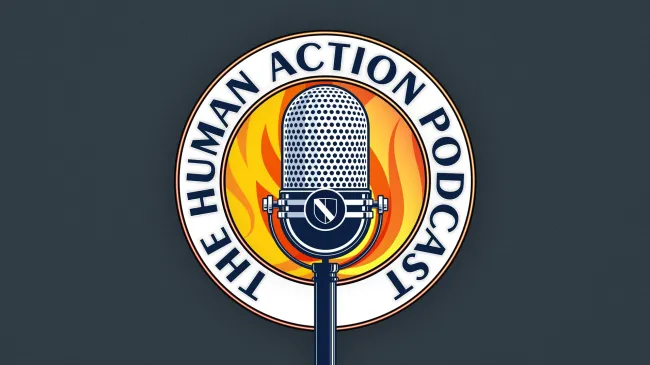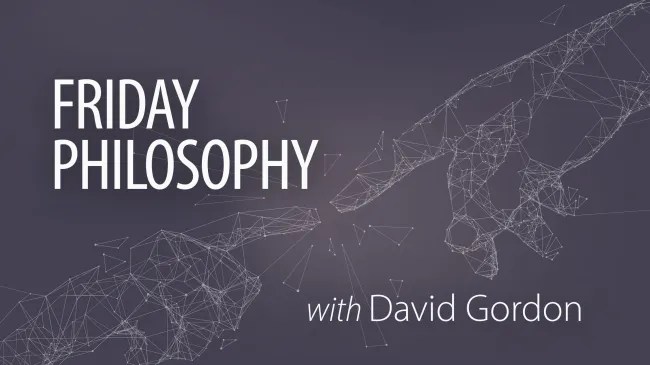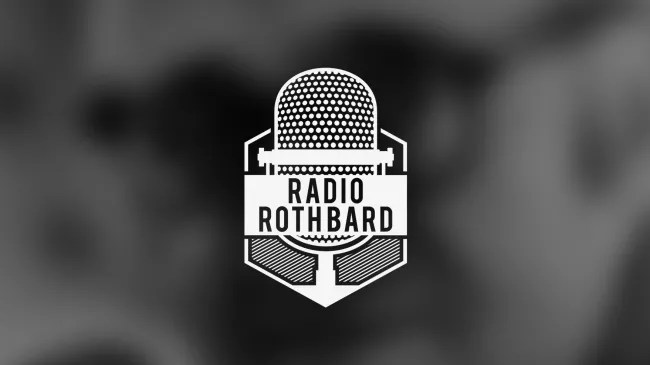It Didn’t Begin with LBJ: How the US Became a Transfer Society
In this review of The Birth of the Transfer Society, by economists Terry Anderson and Peter Hill, Eduard Bucher looks at the origins of transfer policies in the US and how they developed into the monster they are today.










